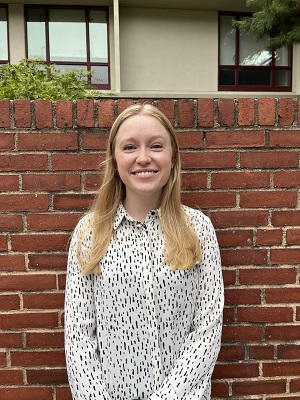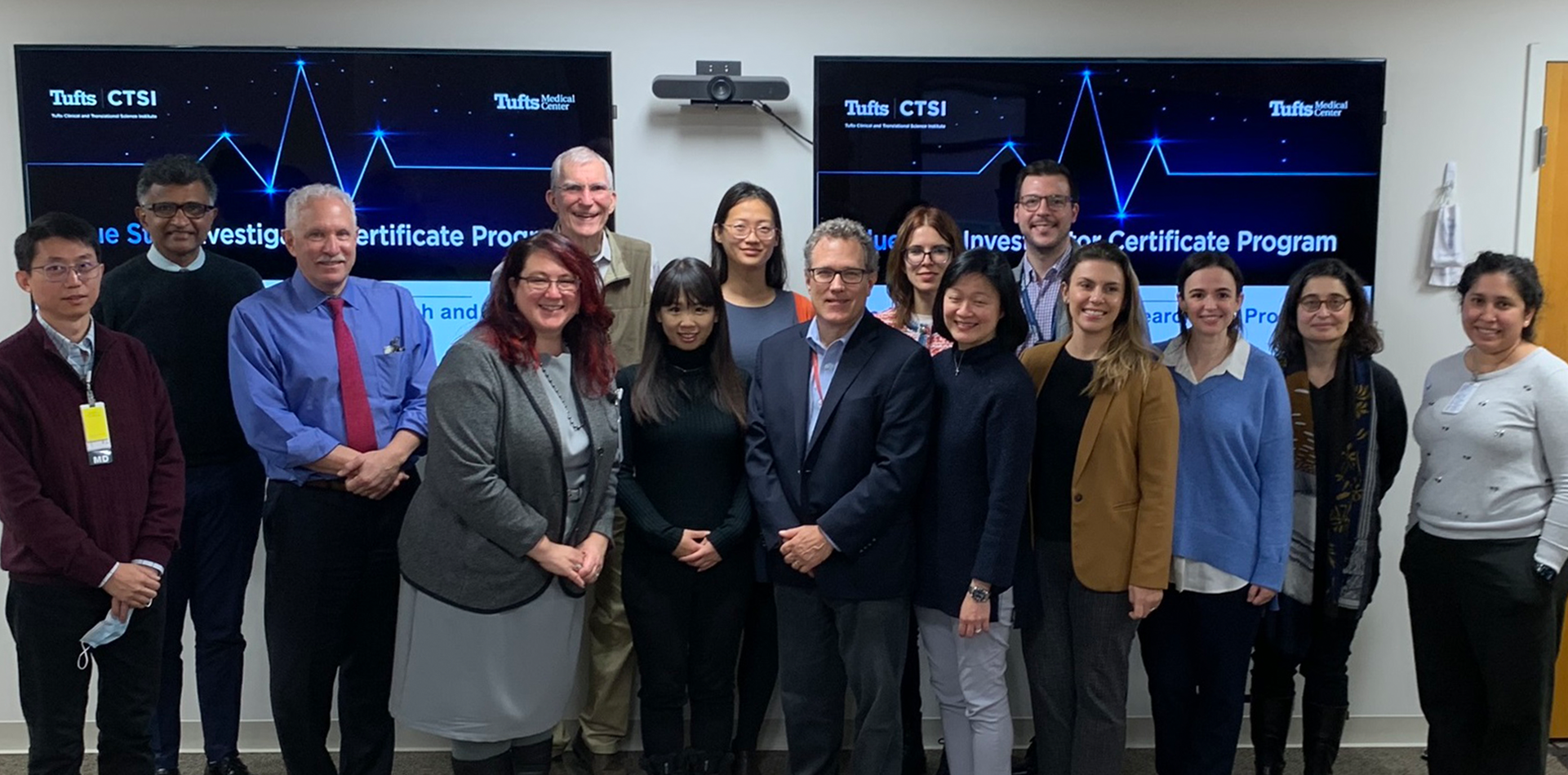Does your study follow the best practice of communicating end results to participants? Are you disseminating findings to affected communities that are understandable and actionable?
The new Common Rule (NIH 2017) emphasizes the need for clinical research investigators and teams to provide participants with information they can read, understand and act on. In a recent survey of past clinical trial participants (CISCRP 2019), 68% said they wanted to receive a post-study summary of results they could understand and use, but only 38% reported receiving any such communication.
In this asynchronous, online workshop, participants will learn about health literacy and plain language as a strategic effort to communicate more clearly throughout the clinical research life cycle, practice plain language writing and design techniques to communicate end of study findings, and engage in dialogue and reflection on how to apply lessons learned in practice.
Details
Date: Access course materials at any time from December 2 through December 9, 2020.
Location: I LEARN course management system
Audience: Clinical research investigators and coordinators, and anyone on the clinical research team responsible for communicating results to study participants, are encouraged to attend, especially investigators and study teams with results ready to share.
If you are an investigator with experience sharing study results with study participants and the public, please contact sabrina.kurtz_rossi@tufts.edu so that we may incorporate your experience, questions, and challenges into the content of the training.
To join in this asynchronous training, participants must be able to access the Internet. Participants will be asked to log onto the I LEARN course management system to access all training materials.
Course enrollment priority is given to researchers from Tufts CTSI partner institutions.
If your participation needs to be approved by your supervisor or a person responsible for your time release, you may provide their contact information when you register for the program.
Registration
Enroll in Dissemination of Research Results to Participants and the Public.



